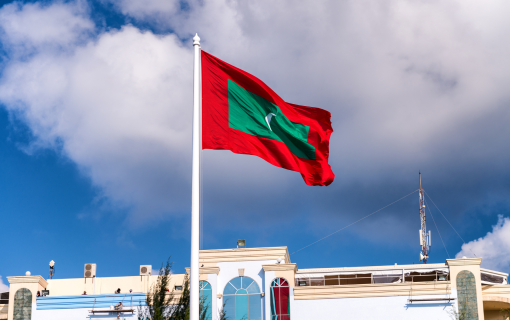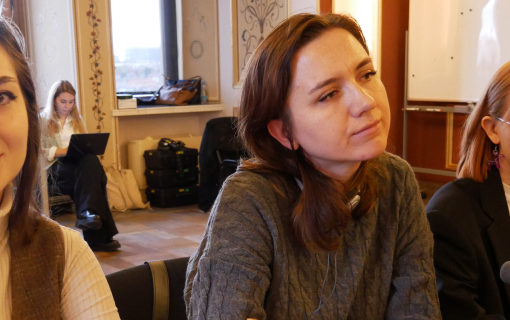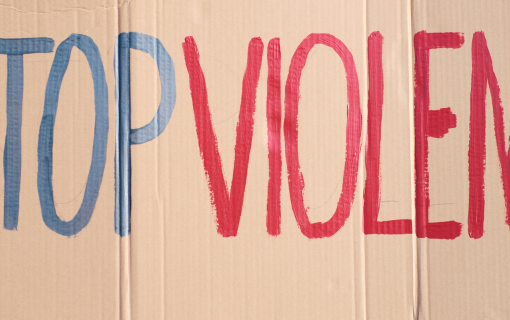CEDAW Anniversary: Helping Women in Nepal Find Their Voice
In honor of the 33rd anniversary of the signing of the United Nations Convention on the Elimination of All Forms of Discrimination against Women (CEDAW), IFES colleagues from around the world share their thoughts on gender discrimination in their countries and how they are working to overcome it.
Name: Radhika Regmi
Title: National Training Adviser
Country: Nepal
How does discrimination against women affect their participation as citizens in Nepal?
Although increasing women's political, economic, social and legal influence is needed for the development of Nepal, women in general – poor women, in particular – are discriminated against, disadvantaged, marginalized, excluded and exploited from the development of all sectors, at all levels.
Women's roles are largely confined to household chores. Nepalese women often lack opportunities to increase their knowledge and skills, as their mobility is restricted and limited decision-making power exists at the household and community levels. Family, especially fathers and husbands, have access to property, and women have limited say in the mobilization of household resources.
However, the 2007 Interim Constitution of Nepal guarantees women’s rights as fundamental, and Nepal is also a state party to the United Nations Convention on the Elimination of All Forms of Discrimination against Women (CEDAW), ratifying it without reservation in 1991. Nonetheless, women are denied equal inheritance of property rights. Because of economic dependency, women face domestic violence, polygamy, early marriage, sex-selective abortion (although restricted by law), harassment for dowry (demand of property, resources in cash or kind from the man's family) and the regional practice of chhaupadi (women are disallowed from normal family activities during menstruation).
Additionally, many women face discrimination in accessing health care, nutrition, education and household resources. More than this, in some communities, young girls are offered to temples, depriving them of education and married life. Moreover, the majority of women are not free to choose their representatives – being influenced and pressured by male counterparts in their political choices.
Last, but not least, gender-based discrimination is still apparent in laws, policies and practices of institutions throughout Nepal.
Please tell us about your work with IFES related to combating discrimination against women and promoting women’s empowerment.
Being in IFES' Nepal office for more than two years, I am happy to share that gender is one of the crosscutting themes in all capacity-development activities of the Election Commission of Nepal (ECN) and other electoral stakeholders. In order to include more women, positive policies have been introduced for the selection of training participants and hiring of staff by the ECN. Gender consideration is one of the priority areas in the design and development of all training materials.
In order to increase gender awareness and sensitivity of electoral staff and stakeholders, gender trainings have been organized at various levels, focusing on media, civil society organizations and government staff. Trainings aim to help these parts of society play a positive and effective role in increasing women's participation in electoral processes. In the meantime, women are included in workshops to develop their leadership skills so that they can play a greater role in the country's electoral and political processes.









